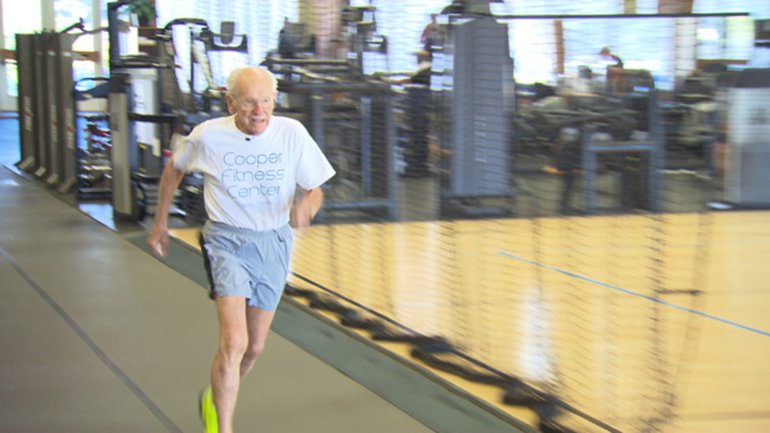Blue light not good for health at night
Did you know that exposure to light, especially to blue light at night is not good for your health.
Where does the blue light come from? Blue light is emitted by electronic screens and the energy-efficient bulbs.
Before the advent of artificial lighting, people used to spent their nights in darkness. Now, much of our world is well lit in the night, and it is this light that disrupts the body’s biological clock—the circadian rhythm—out of balance, affecting quality of sleep and leading to sleep deficit which in turn may contribute to the causation of cancer, diabetes, heart disease, and obesity.
All colors of light do not have the same effect. It is the blue light that is most disruptive in the night. Melatonin is important for sleep and Harvard researchers have shown that blue light suppressed melatonin for about twice as long as the green light and shifts the circadian rhythms by twice as much (3 hours vs. 1.5 hours) thus disrupting sleep patterns.
It is interesting and something that all should know that the same blue light is beneficial during daylight hours as they boost attention, reaction times, and mood.
Our exposure to blue light is increasing after sunset because of energy-efficient lighting and screens that emit blue wavelengths.
Reduce your risk to health due to blue light by:
- Exposing to lots of bright light during daytime as it will boost your ability to sleep at night and keep high your mood and alertness during daylight.
- Avoiding bright screens at least two hours before going to sleep.
- Using dim red lights as night lights simply because red lights do not appreciably suppress melatonin and so do not much shift the circadian rhythm. Suppression of melatonin disrupts sleep patterns.
- Wearing glasses or goggles that block blue colors if you work night shift or have to use a lot of electronic devices at night.
Written by: Dr. Ajay Sati.
